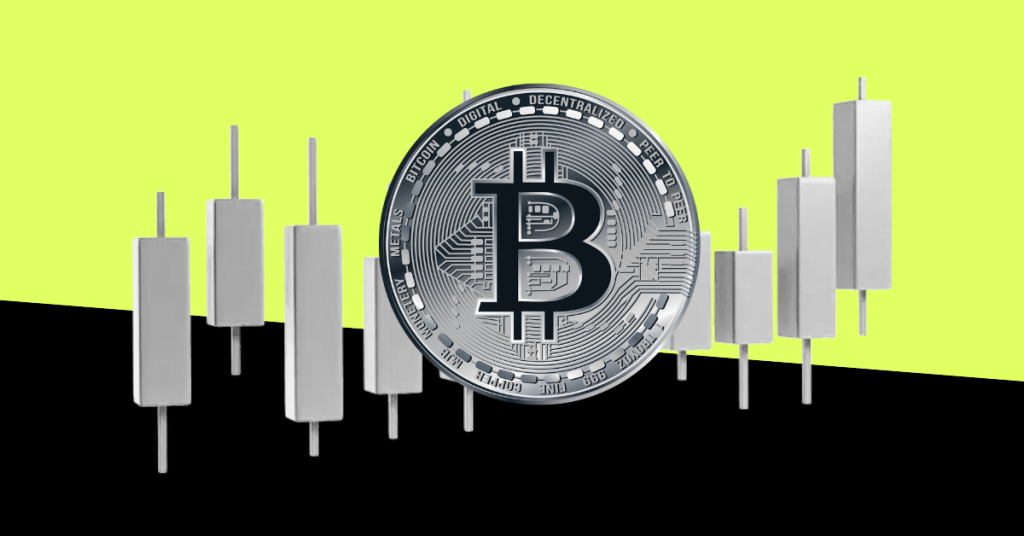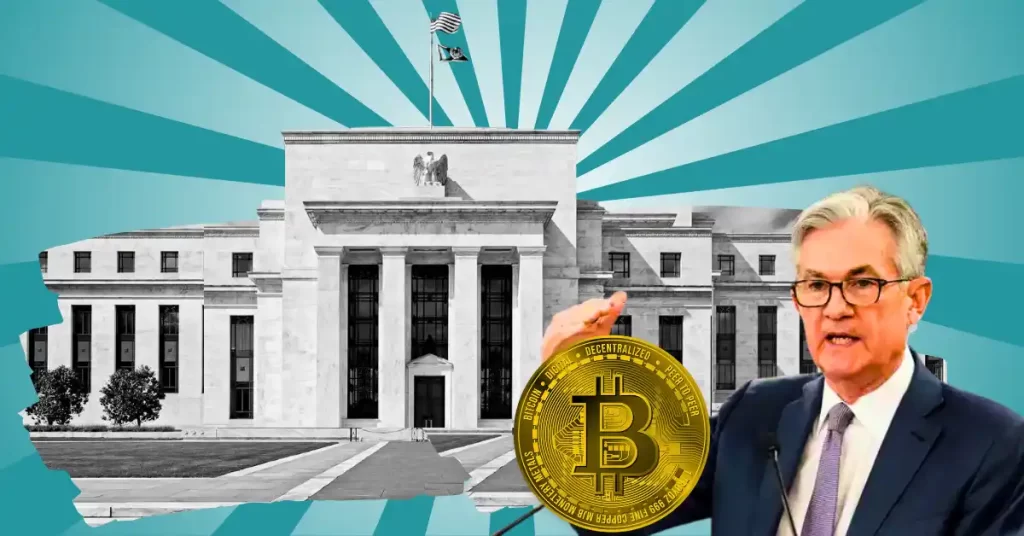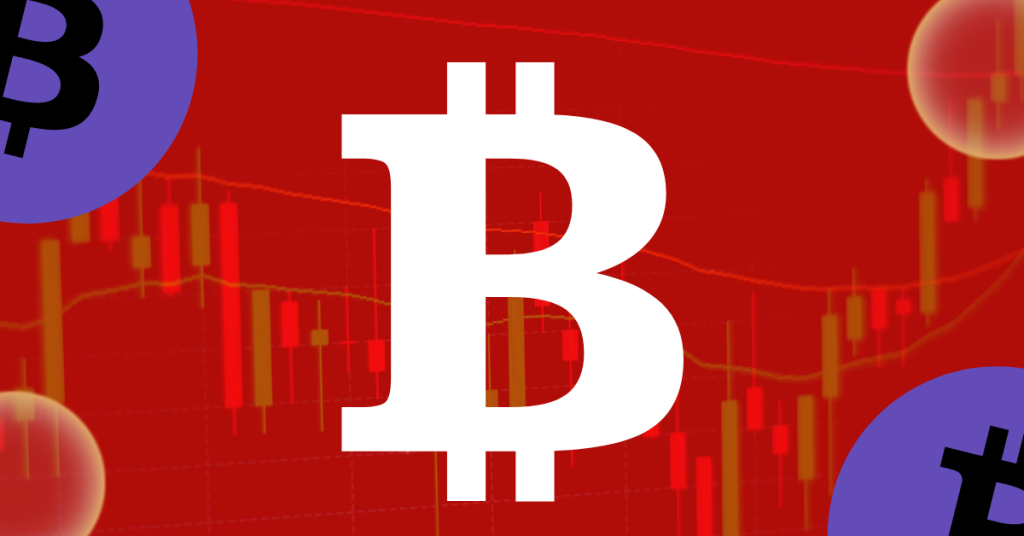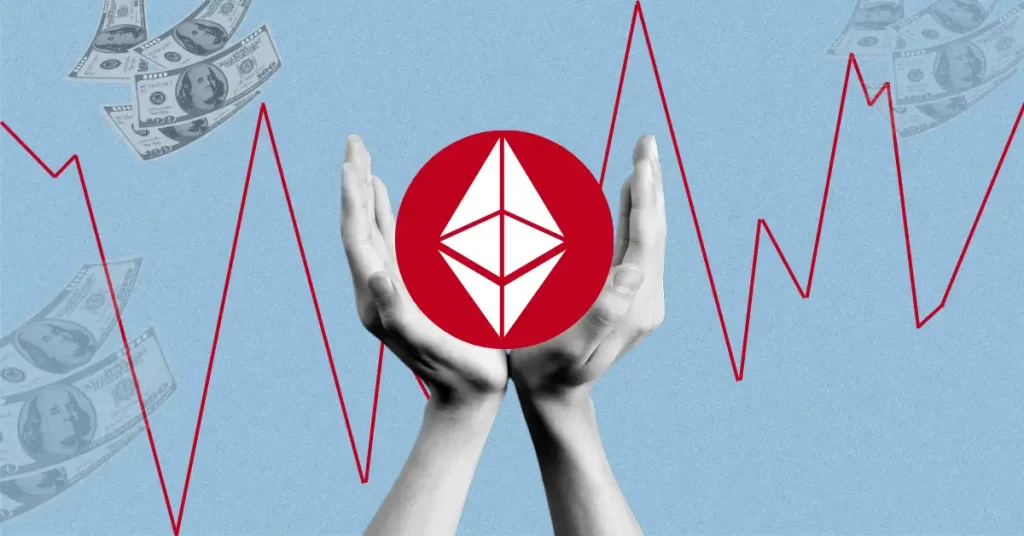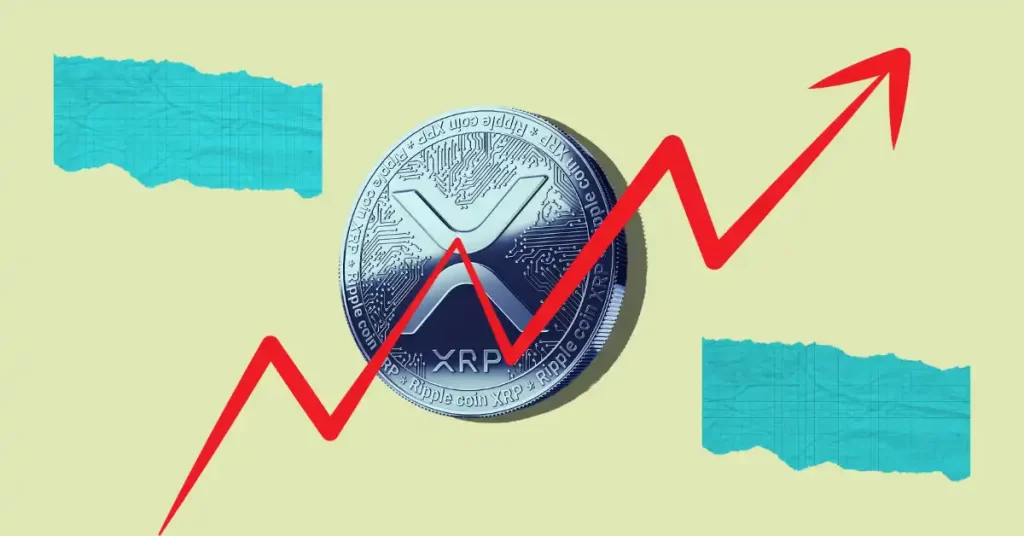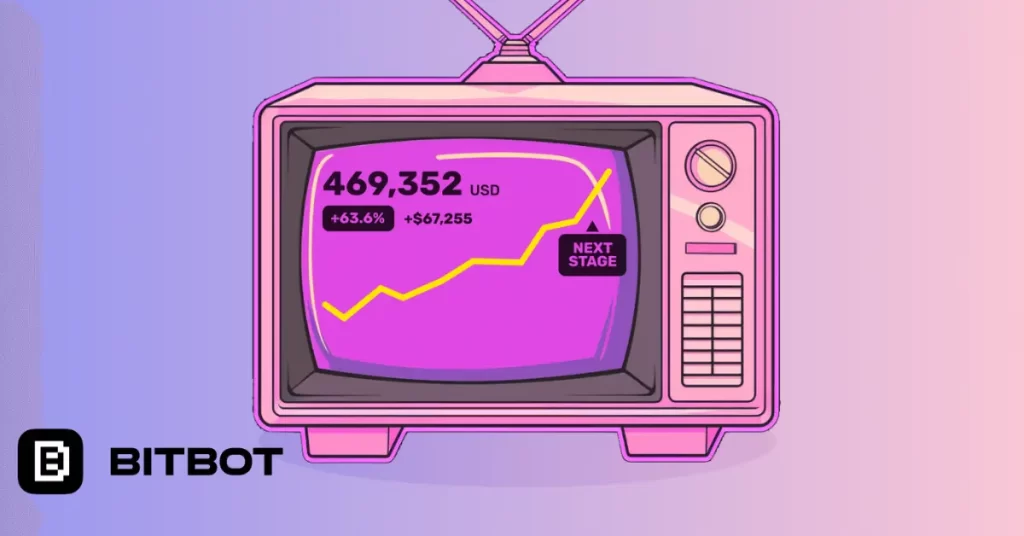Summary Recently, both Bitcoin and gold have been on the rise, with many market participants likely seeing both as good places to park their money during uncertain times. Digging deeper, it's likely that Bitcoin is rising because of a more speculation-friendly market that is perceived to be around the corner. Gold's rise has been driven by central bank purchases as opposed to an investor-driven flight to safety. Long term, Bitcoin looks drastically overvalued, but gold is also likely to fall eventually. In all, gold is the better play for investors, though I always prefer going long stocks. Bitcoin Vs. Gold One thing that I believe every investor will agree on is that the economy is plagued by uncertainty at this moment. Rising interest rates aimed at combating inflation, fears of a banking crisis turning into something systemically damaging, rising oil prices because of a surprise cut made by OPEC+, and recent jobs data that came in weak, all point to significant volatility in the days, weeks, and months ahead. Recently, the price of Bitcoin ( BTC-USD ) has risen significantly, and many investors are likely interpreting this as a flight to safety. This point is further bolstered by a rise in gold prices, with gold historically acting as a meaningful hedge against inflation and other economic pain. However, I view this picture a bit differently. While I definitely acknowledge that there is a great deal of uncertainty in the market right now, I believe that the drivers behind the rise in Bitcoin and the rise in gold are both very different. At the end of the day, I maintain that Bitcoin is a speculative faux security with no fundamental value behind it, with prices rising in response to a reduction in worries over what the future holds. While it is true that gold is great in an inflationary environment and has risen in part because of concerns over inflation, my belief there is that the recent upside can be attributed to shifting demand in the market for the precious metal. Bitcoin's rise By any measure, 2023 is proving to be a great year for Bitcoin and those who hold it. As of this writing, it has risen by 69.4% compared to what it ended at in December of last year. That significantly outpaces the broader market, gold, and pretty much anything else. Because of its limited supply and belief by speculators that it is similar in nature to gold in that it acts as a store of value, it can be tempting to think that the ascent can be attributed to market participants believing that the future will be worse than the recent past has been. Those relying on this argument can make the case, rather convincingly, by pointing out that the price of Bitcoin has risen by 29.9% since March 9th of this year. For context, March 10th was the day that Silicon Valley Bank, which was owned by SVB Financial Group ( SIVBQ ), more or less collapsed. Data by YCharts The argument here is that, as fears regarding a banking crisis spread, and the risk of further contagion grows, investors would move to safer assets in order to mitigate potential losses should things get really bad. Using the SPDR Gold Shares ( GLD ) ETF as a proxy for gold, upside for the commodity since then was also significant, coming in at 10.4%. In fact, this move higher has pushed gold very near to its all-time high price that was reported in 2020 during the worst days of the COVID-19 pandemic. Seeing both of these increases might be all the evidence that market participants need in order to conclude that, as has been speculated in the past, Bitcoin makes for a suitable store of value during uncertain times. Data by YCharts The picture I see, however, is quite different. Although we did see some spread of the contagion, it's clear by now that regulators have the banking crisis matter under control. With the promise to fund uninsured deposits at the institutions that have failed, and active oversight that has led to other financial institutions absorbing the assets of the most troubled firms, it seems to me as though we are nearing the end of the crisis in question. So what, then, has been the cause of the surge in Bitcoin? Fundamentally speaking, I believe there is no value in Bitcoin beyond the small amount of benefit that comes from instantly being able to transfer value from point A to point B. But that amount, I would argue, in no way justifies prices even remotely close to where they are today. This is something that I argued in an article in November of last year. Although Bitcoin prices have risen significantly since then, I did say that there is no telling how high or low it will trade before the market eventually realizes its worthlessness. That is the nature of a speculative bubble. And a speculative bubble is exactly what seems to be inflating today. When interest rates began rising, it became riskier to allocate capital in certain ways. As I highlighted in another article not too long ago, venture capital and other early-stage capital all but dried up over the past year or so. Interest rates make borrowing more costly, and they make speculative endeavors more dangerous. Once the banking crisis began and regulators stepped in, it became quite clear that the narrative regarding interest rates would change. Since then, we have seen one additional rate hike of 0.25%. However, it seems very likely that we will see, at most, only one further hike this year. And by next year, if not sooner, rates should begin to fall. Prior to all of this occurring, there were worries that interest rates would need to continue to rise, which also would have increased the probability of a hard landing instead of a soft one for the economy. Given the speculative nature of Bitcoin, the idea that interest rates might peak lower than previously anticipated, and may ultimately start to decrease sooner rather than later, would absolutely fuel the bullish nature that Bitcoin holders inherently have. I believe my argument here is further supported by the fact that, since that March 9th date, the market, as measured by the S&P 500, is up 4.1%. With interest rates looking more dovish because of what has happened with the economy, all assets should experience an upside. If the move higher in Bitcoin was instead a flight to safety response, you would expect the broader market to experience a pullback. That clearly has not happened. So what about gold? Those who disagree with me will point out that gold prices have been on the rise as well. I already mentioned this earlier in the article. The only main reason you would expect this to happen is if you were anticipating further pain ahead, particularly pain related to additional inflation. The prospect that lower interest rates might lie ahead would also lend to the idea that inflationary pressures should be easing. And if that is the case, you would expect gold to fall. Gold.org When you dig deeper into the gold data that is available, you start to get a different picture entirely. According to one source , using data from 2022, the largest single use for gold is not an investment. Instead, it's for jewelry. During 2022, a massive 2,086.2 tonnes of gold was used in the jewelry sector. That works out to roughly 45% of all gold consumption for that year. Technology accounted for another 308.5 tonnes, or 6.7%. By comparison, investment comprised only 1,106.8 tonnes, working out to 23.9% of overall demand. For both jewelry and technology, these levels were below what was seen in 2021. Meanwhile, the amount of gold purchased for investment rose about 10.5%. But overall gold consumption as a whole shot up roughly 18% year over year. This move higher was driven by a more than doubling in the amount of gold purchased by central banks and other institutions. The figure shot up 152.3% from 450.1 tonnes to 1,135.7 tonnes. This worked out to roughly $70 billion worth of purchases, and it marked the fastest pace of gold purchases made by central banks since 1967. When you break out the data by country, you see that the single largest purchaser was Turkiye, with 148 tonnes of the product acquired. This was followed by a distant second place for China at 62 tonnes. Although one could argue that these purchases are a flight to safety, the purchases are inherently different from the broader market's purchases. World Economic Forum For instance, Turkiye bought so much of the precious metal because it dealt with double-digit inflation. As of October of last year, the nation was experiencing inflation of 86% compared to what it had seen the same time one year earlier. The purchases made by China, meanwhile, were likely attributable to growing geopolitical tensions between it and the US. There have also been allegations that both China and Russia are buying gold and not reporting it, with the goal of reducing the influence of the dollar on global trade. There is no reliable data that I can find that indicates purchase trends since the end of last year. But gold prices are up 22.4% since November 1st of last year, indicating that buying was probably strong heading into 2023. Takeaway Fundamentally, I do not have any hope for anything positive coming out of Bitcoin. It is significantly overvalued at this moment and has likely risen in response to the idea that the economic environment moving forward will be more accommodating to speculative activities. Because of this, I am incredibly bearish on it. Though I also acknowledge that prices could move significantly in either direction in the near term. Gold, meanwhile, is a little different. Strong demand from central banks as opposed to a flight to safety from investors has likely been the driver behind its increase in price in recent months. Those who disagree with me may point out that this is a flight of safety of its own. But because of the nature of central banks, it is a very different kind of flight than what investors would participate in. If I am correct and if the interest rate environment does become more dovish, and assuming the central bank purchases eventually stabilize instead of increase, I would imagine that gold would fall from here. Though if having to pick between it and Bitcoin, I do think the longer-term prospect that investors would be wise to keep in mind is gold. Even with this being the case, I prefer to have my money parked in stocks since my long-term goal is to beat inflation, not match it.




